Israel extends detention of chronically-ill Palestinian teen for four more months
Israeli authorities have extended for four more months the detention without charge or trial of a chronically-ill Palestinian teenager already held for a year, as the Tel Aviv regime is pressing ahead with its policy of administrative detention to keep Palestinians behind bars.
“The occupation tribunal renewed my son's administrative detention for the fourth time despite his illness,” the father of 17-year-old Amal Nakhleh told AFP news agency on Thursday.
Moammar Nakhleh, who is a journalist, added that his son will remain in detention until May 18, under the new order.
Israeli forces first arrested the Palestinian teenager in the occupied West Bank back in November 2020.
His family said Amal was out with friends at the time after he had undergone surgery to remove a cancerous mass. The teen suffers from myasthenia gravis – a rare neuromuscular disease.
Nakhleh was accused of throwing stones at Israeli soldiers, and was held for 40 days. He was then set free by an Israeli judge.
In January last year, the ill Palestinian teen was re-arrested and placed in administrative detention, which has now been renewed again.
The UN agency for Palestinian refugees UNRWA has demanded the immediate release of Amal Nakhleh from administrative detention on urgent humanitarian grounds, and stated it is highly concerned about the ongoing arbitrary detention of the minor.
Neither Amal nor his family are aware of the charges against him and have been informed by the Israeli authorities that it is a “confidential administrative case.”
His legal team stated that this is one of the most prolonged cases of administrative attention of a child that they have come across.
Amal’s severe autoimmune disease requires continuous medical treatment and monitoring. Due to his health conditions, he cannot be vaccinated against COVID-19 and must take immune-suppressants, meaning that his life is at high risk if he contracts coronavirus.
The Palestinian Prisoners Society (PPS) said earlier this month that Israeli officials issued 1,595 administrative detention orders against Palestinians in the occupied territories in 2021, with 200 Palestinians detained under the inhumane policy in May when the regime launched the 11-day war on the besieged Gaza Strip.
The PPS said 60 Palestinian detainees, who were mostly held in administrative detention, have resorted to hunger strike to regain their freedom, including Hisham Abu Hawwash. Abu Hawwash, who had been on hunger strike for 141 days, agreed earlier this month to end his fast after reaching a deal with Israel to be released next month.
There are reportedly more than 7,000 Palestinians held at Israeli jails. Hundreds of the inmates have been apparently incarcerated under the practice of the so-called administrative detention.
Palestinians and human rights groups say "administrative detention" violates the right to due process since evidence is withheld from prisoners while they are held for lengthy periods without being charged, tried, or convicted.
The detention takes place on orders from a military commander and on the basis of what the Israeli regime describes as ‘secret’ evidence.
Rights groups describe Israel’s use of administrative detention as a “bankrupt tactic” and have long called on the regime to bring the practice to an end.
The Palestinian Prisoners' Center for Studies (PCBS) said in a report in September last year that Israeli authorities had clearly escalated targeting Palestinian children.
The aim is to deter Palestinian minors from resisting the Israeli occupation, ruin their educational opportunities, destroy their future and create a weak and coward generation, the PCBS said.
Israeli prison authorities keep Palestinian inmates under deplorable conditions lacking proper hygiene standards. Palestinian prisoners have also been subjected to systematic torture, harassment and repression.
The Israeli parliament has already approved a law that allows prison officials to force-feed hunger strikers. The law has sparked criticism from rights groups who regard it as a disrespect of the detainees' rights.
Human rights organizations have repeatedly slammed Tel Aviv for its shoot-to-kill policy as a large number of Palestinians killed in such incidents did not pose any serious threat to Israelis.
Honduras issues arrest warrant for ex-president pardoned by Trump
Epstein, Dershowitz, and the secret war to discredit Mearsheimer-Walt Israel lobby study
Israel named world’s top killer of journalists for third year
UNIFIL chief says has 'no evidence' of Hezbollah rearming in south Lebanon
VIDEO | Press TV's news headlines
Trump’s son-in-law part of Israeli-tied firm’s bid for CNN's parent company
Zelensky facing ‘growing pressure’ from US to accept Trump's Ukraine plan: Report
Tony Blair cut from Trump’s Gaza ‘Board of Peace’; Hamas welcomes move


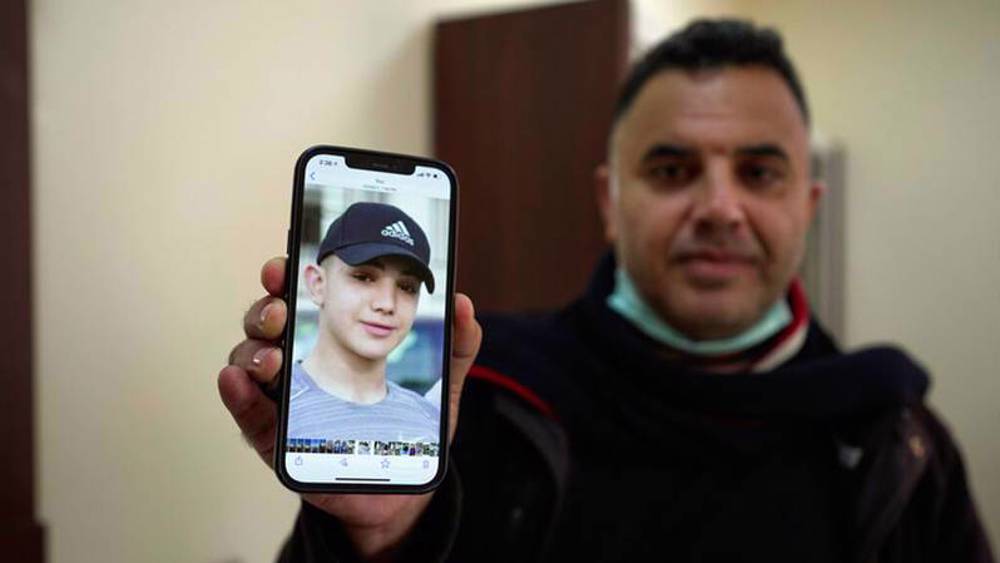
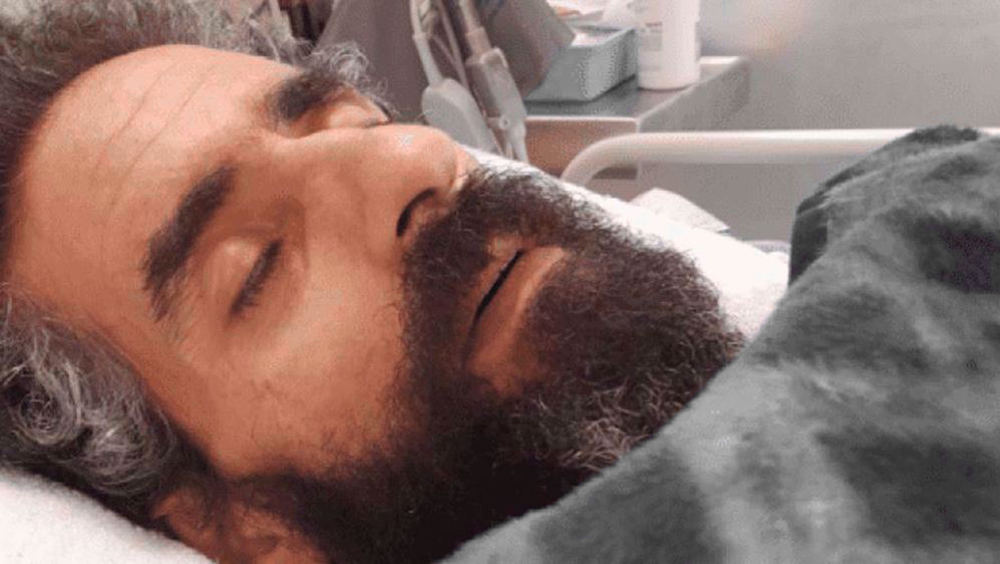
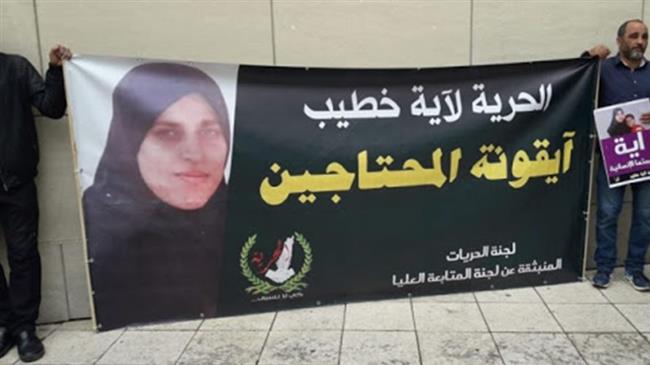
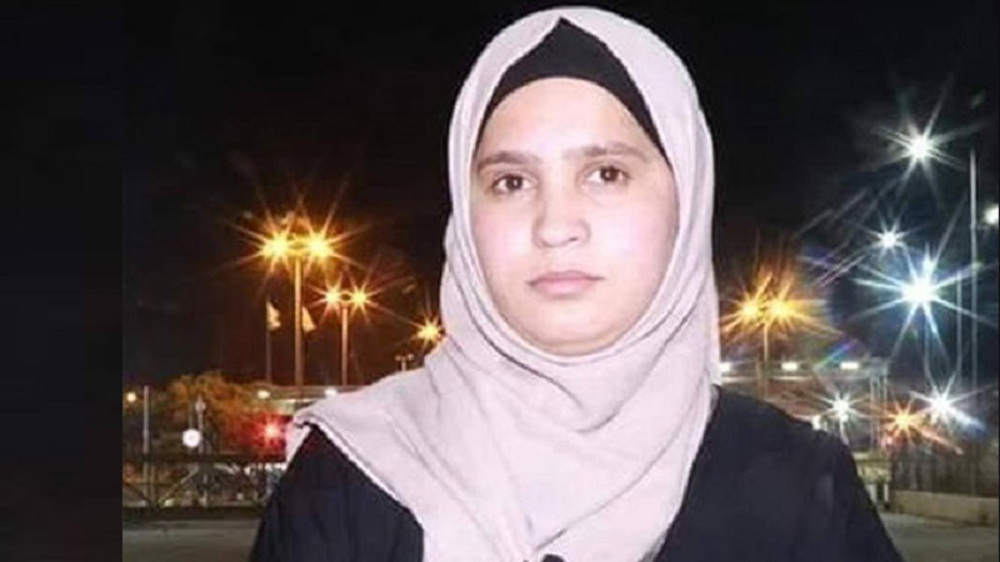
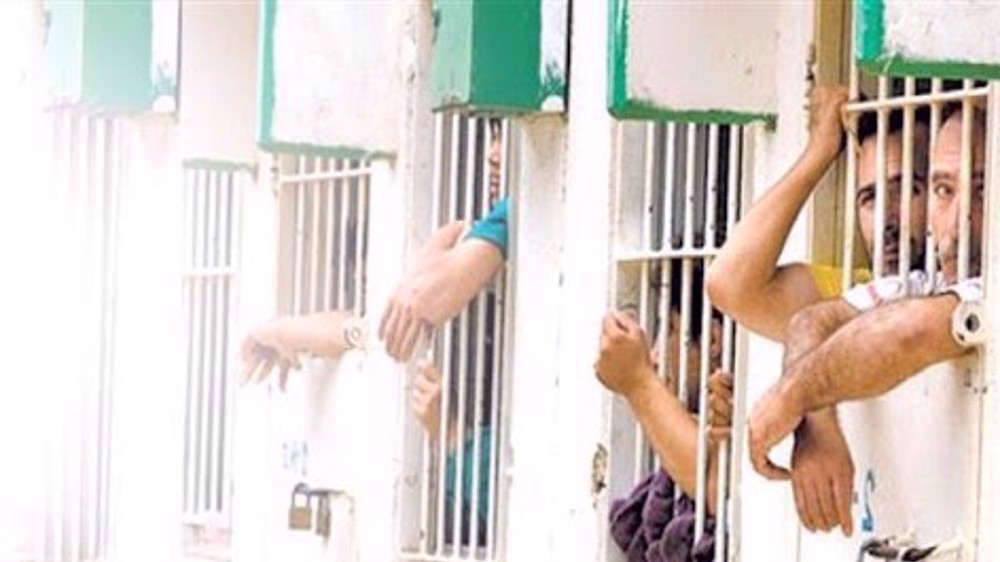
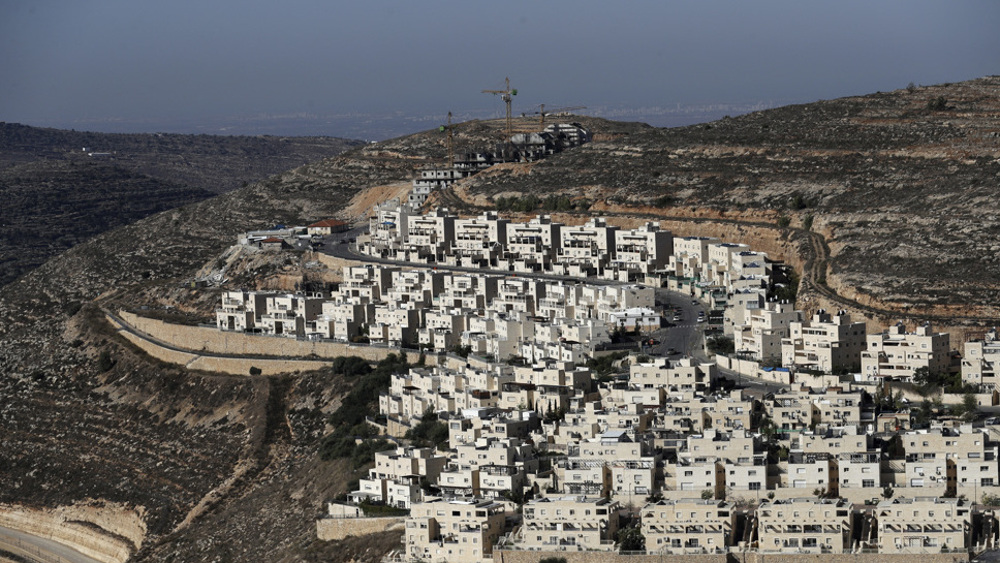

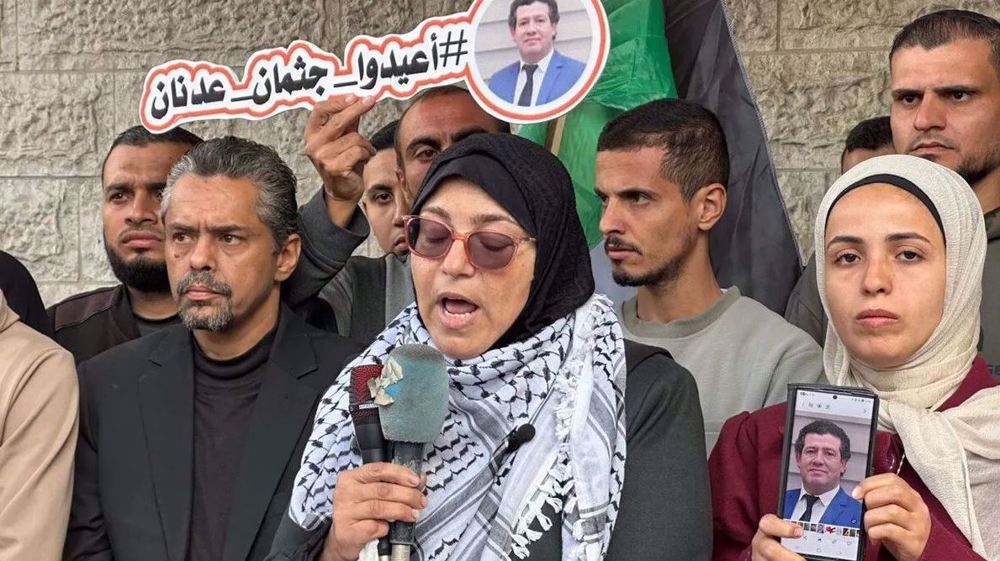



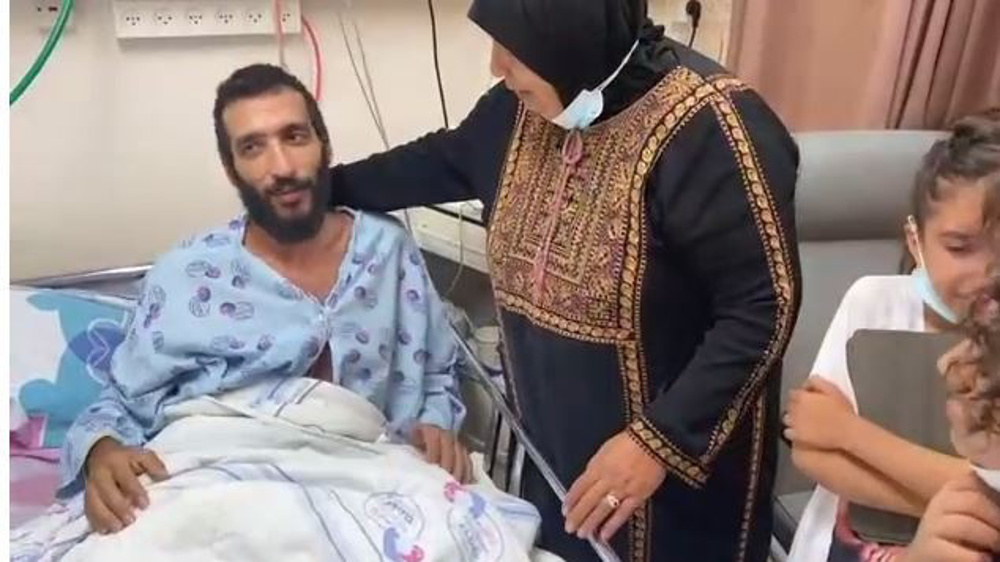
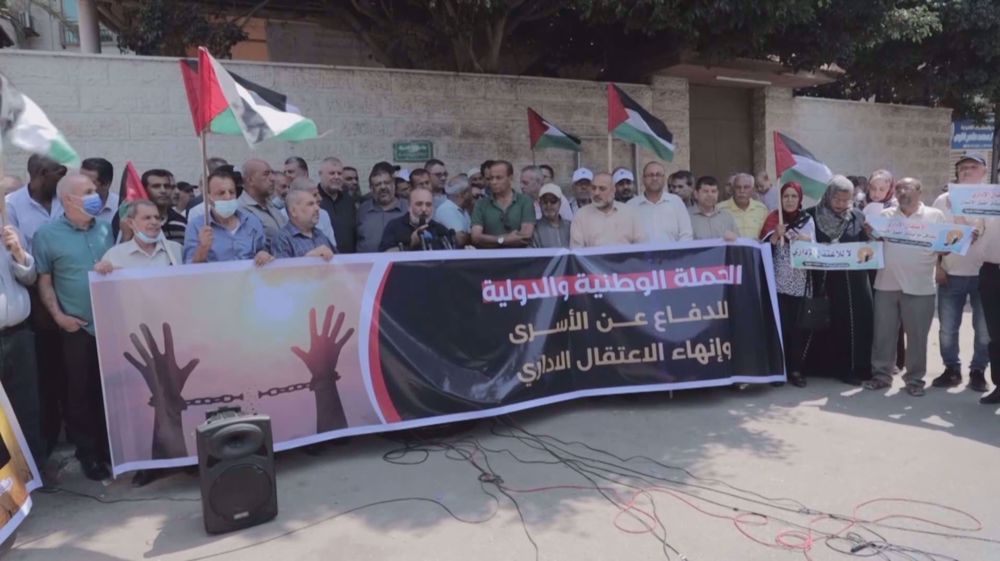
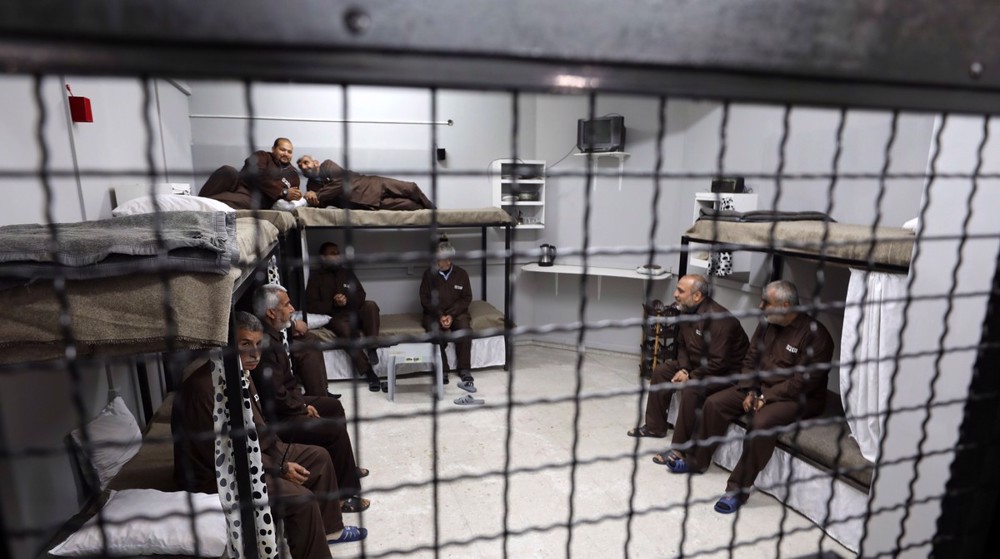
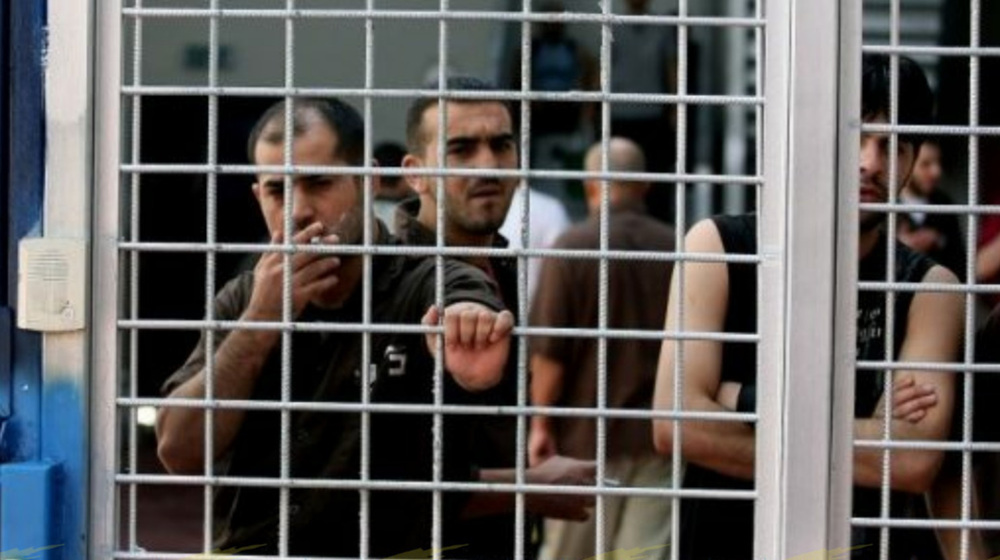
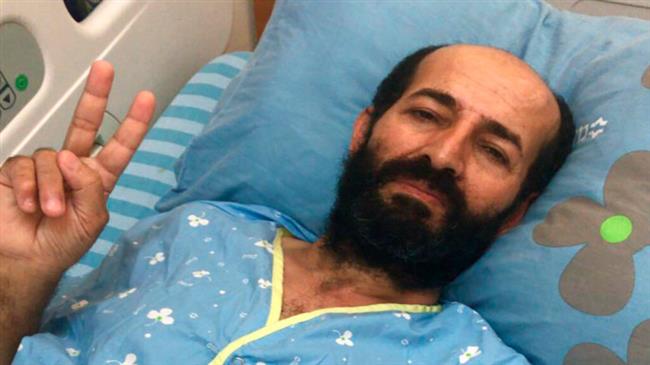
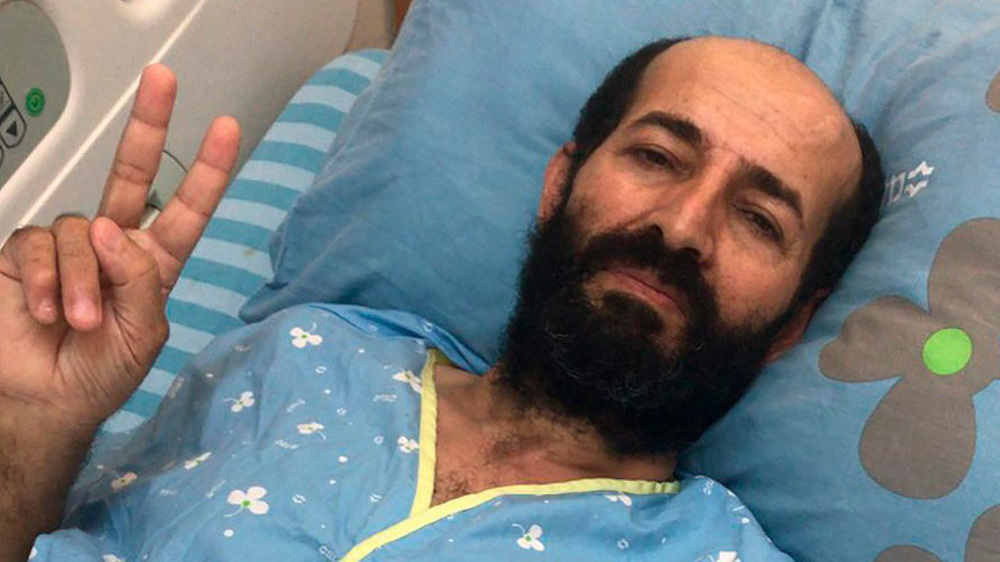
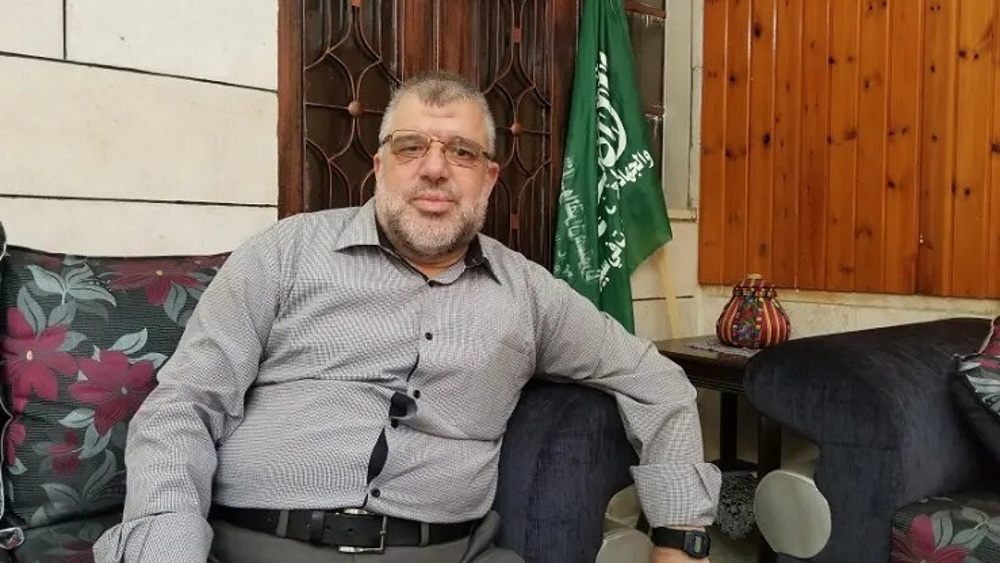
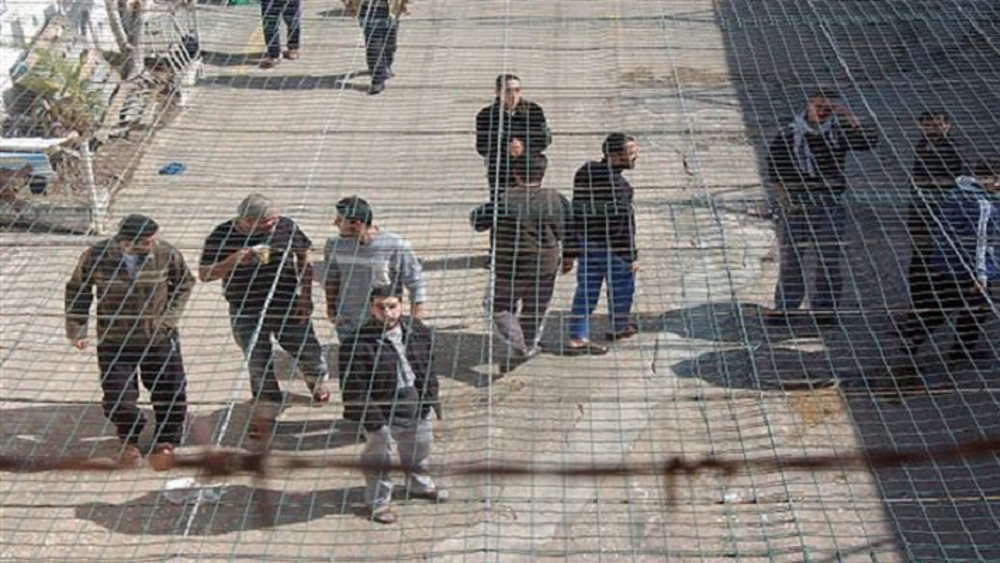


 This makes it easy to access the Press TV website
This makes it easy to access the Press TV website